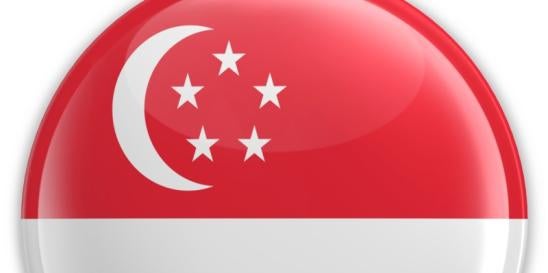Historically, Singapore has not taxed capital gains. However, since 1 January 2024, under the newly enacted Section 10L of the Income Tax Act 1947 of Singapore, gains received in Singapore from the sale or disposal of any foreign asset (e.g. shares issued by a company incorporated outside Singapore) by an entity within a multinational group will be treated as taxable income if the entity does not have adequate economic substance in Singapore. Section 10L is designed to address international tax avoidance risks and align the key areas of Singapore’s tax regime with international norms and the European Union’s Code of Conduct Group’s foreign source income exemption (FSIE) guidance.
Section 10L prevails over all specific tax concession and exemption provisions, except for certain tax incentives in certain industries which are explicitly dealt with in Section 10L. Notably, the fund tax incentive schemes (e.g. sections 13D, 13O, 13U) are not explicitly included among those exceptions. This means that, in Singapore, gains from the sale of a foreign asset by an in-scope entity may be taxed under Section 10L going forward, notwithstanding that the disposal gains derived by the entity are capital in nature and such entity qualifies for income tax exemption under one of the investment funds sector-related exemptions. An exception to the taxation under Section 10L is that, if the in-scope entity has adequate economic substance in the basis period in which the sale or disposal occurs, the foreign-sourced disposal gains will not be brought to tax. However, none of the guidance issued to date has clearly defined the threshold for adequate economic substance, which causes uncertainty with respect to the application of Section 10L.
Similar legislative changes have been made in other major investment fund centres in the Asia Pacific region such as Hong Kong and Malaysia. Hong Kong, for example, has recently refined its FSIE regime, under which foreign-sourced disposal gains are deemed to be sourced from Hong Kong and chargeable to profits tax if the recipient entity does not meet the economic substance requirement or the participation requirement. Unlike Singapore however, Hong Kong’s FSIE regime explicitly excludes certain approved tax-exempt fund vehicles.
As of the date of writing, none of the guidance issued specifically addresses whether and how Section 10L applies to investment fund structures. Funds industry participants are actively seeking clarification with Singapore’s tax authority, with the hope that further guidance will be provided as soon as possible. If Section 10L applies without exception to investment funds, it would significantly impact investment funds domiciled in Singapore or otherwise using Singapore vehicles in their structures, potentially requiring the structuring of such fund to be revisited. It therefore remains to be seen whether Singapore will further revise the FSIE regime to enhance its competitiveness in the investment fund industry. Stay tuned for updates in this space.
Anita Zhou also contributed to this article.





 i
i


